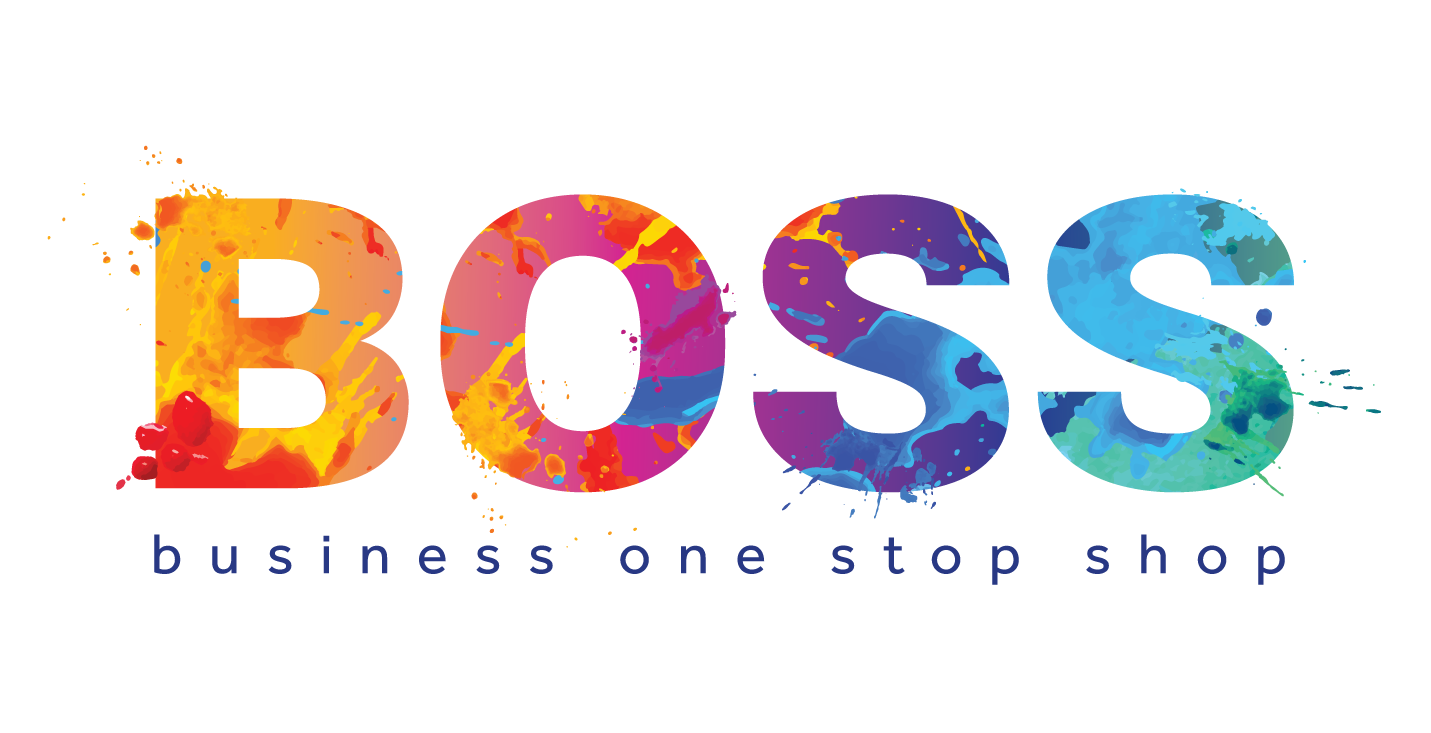What can I claim at Tax Time?
Tax time is just around the corner, so here are some ideas for maximising the business expenses that you can claim (within the rules, of course!), which then reduces your taxable profit. If you wanted to check to see which may apply to you, it would be best to speak to your accountant to make sure that you have covered what you are able to.
Mobile Phone, Home Internet etc
When you are claiming an item that has been used for both personal and business (for example your mobile phone) you should work out approx. how much it has been used for personal vs. business, such as 50%/50%.
To find out what calculating method will be best for you click here.
Home Office Expenses
If you work from home, you may be able to claim part of your home expenses, which is based on the sqm of your home office as a % of the total building sqm.
Business Use portion of Mortgage Interest/Rent
Council Rates
House and Contents insurance premiums
Some utilities, such as electricity
Motor Vehicle Expenses
If you're operating a home-based business, you can claim the cost of trips between your home and other places if the travel is for business purposes. For example, you could claim the cost of travel to:
Clients
Purchase equipment or supplies
The bank
The post office to mail out business-related things or get mail from a PO Box
Visits to your accountant or BAS agent
And so on…
You can also claim for maintaining, servicing, insuring and cleaning your vehicle. However, you can’t buy a vehicle and write off the cost as an expense if you then use the vehicle for personal use. Only a vehicle that is 100% used for the business (such as a company van) can be written off as a business expense.
If you are using a personal vehicle for the business, you can claim a % of the total cost over the year - fuel, servicing, maintenance, cleaning etc. To work out how much you can claim as an expense, there are two methods that you can use;
The Log Book method - keep a log of business vs. personal travel for 12 continuous weeks, and work out the % of total kms done for each. This % then represents how much of the total cost you can claim as a business expense. For example, if you travel 5,000kms in a year and your log book (of journeys made) shows that 20% of your total kms were for business trips, then you can claim 20% of your total annual cost as a business expense. This % is then used for five years, before you have to repeat the log book process again. You’ll need to keep receipts of all your expenses that you’ll be claiming against.
Cents per Kilometer method - keep a record of all your business journeys and claim a set cost of 85c/km (2023-2024 year) up to a maximum of 5,000kms in a year per car. This covers all your costs, such as insurance, fuel etc.
Depreciation
What is depreciation? Well, you used to have to split your tools / desks and chairs etc over a period of life expectancy. For example, if a computer you bought for $1000 was expected to last 5 years, you would only be able to claim $200 a year for 5 years on this item. This method has since changed to introduce the Small Business Instant Asset Write Off (see below). You are able to claim one or the other.
Small Business Instant Asset Write Off
The Small Business Instant Asset Write Off was introduced a few years back to help small businesses be able to immediately offset their income. The current write off amount is at $20,000 for the 2023-2024 financial year. This means that you can now claim the full amount of a purchase up to $20,000 (per item) as an expense to reduce your taxable profit. If your profit is still on the smaller side of the scale, it may be more beneficial to depreciate the item over a few years instead.
Clothing, Laundry and Dry Cleaning
You can claim a deduction for the cost of buying and cleaning occupation-specific clothing, protective clothing and unique, distinctive uniforms.
To claim a deduction you may need to have written evidence that you purchased the clothing and diary records or written evidence of your cleaning costs (for example receipts that show the description that matches the uniform/clothing you wear)
Self Education Expenses
You may be able to claim a portion of any educational courses that you have completed for your business.
The course must have a sufficient connection to your current work activities and:
maintain or improve the specific skills or knowledge you require in your current work activities
result in, or is likely to result in, an increase in your income from your current work activities.
Books, E-Books and Subscription Magazines
If the item costs $300 or less you can immediately claim this as an expense. If the item costs over $300 you can add it to your professional library and claim a deduction for the depreciation / small business asset write off.
Superannuation Contributions
As a Sole Trader, payments to your Super are tax-deductible! To find out what is required for you to use this to offset your personal tax, view the ATO guide here.
Extras
As well as all of the above, here are some more examples of what you can claim as a business expense;
Marketing Materials.
Office Stationery.
Materials used or bought for physical product creation (Cost of Goods Sold is the technical term).
Notepads, Pens and Paper.
Postage Costs.
And more
